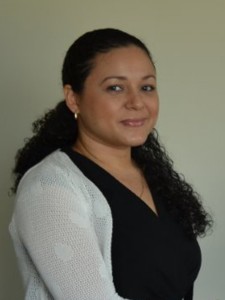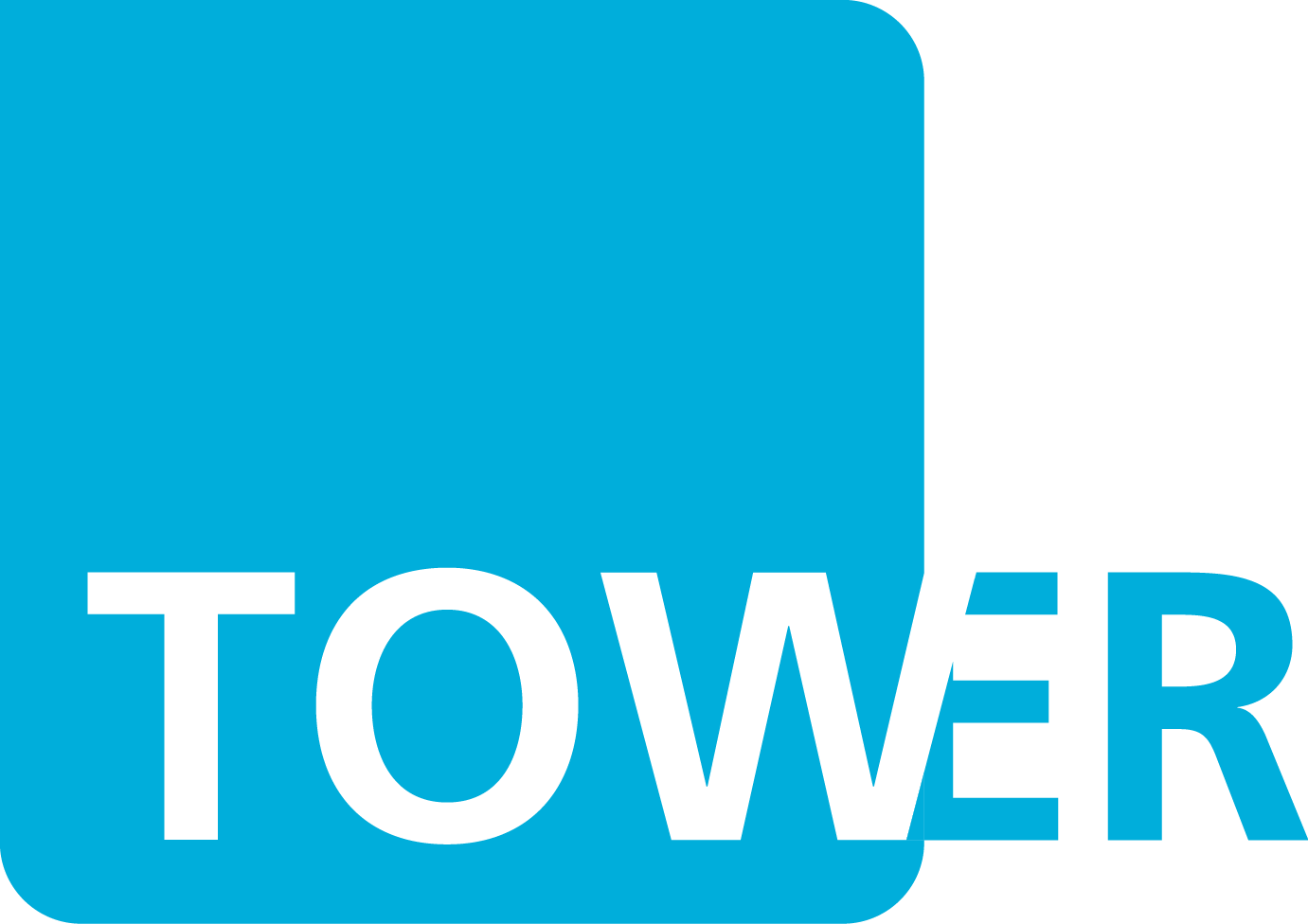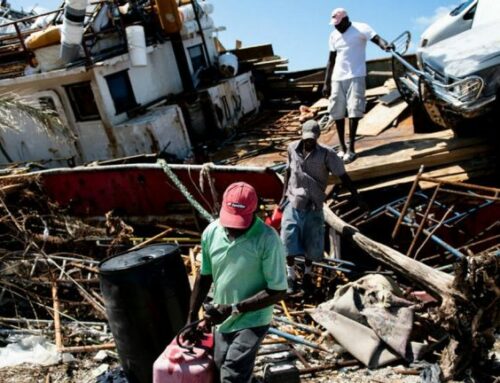 Doctors at Health City Cayman Islands are interested in screening anyone aged 65 or older to ensure that Cayman’s older population are properly aware of their risk of having a stroke. The information from the screenings will be used to compile a history-making study, called the Cayman Islands Atrial Fibrillation for Elderly (CAFE) study, which is the first of its kind in the Cayman Islands and Caribbean. Most importantly, the screening will empower people so that they understand their own potential risk for having a stroke.
Doctors at Health City Cayman Islands are interested in screening anyone aged 65 or older to ensure that Cayman’s older population are properly aware of their risk of having a stroke. The information from the screenings will be used to compile a history-making study, called the Cayman Islands Atrial Fibrillation for Elderly (CAFE) study, which is the first of its kind in the Cayman Islands and Caribbean. Most importantly, the screening will empower people so that they understand their own potential risk for having a stroke.
Dr. Ravi Kishore, Chief Interventional Cardiologist and Electrophysiologist at Health City Cayman Islands, explained that many people do not show any outward signs that they have a higher stroke risk, hence the need for this important study.
“We will be screening for Atrial Fibrillation (Afib), otherwise known as arrhythmia, which is an abnormality of the rate or rhythm of the heart. It can beat too fast, too slow or in an irregular fashion. Often people don’t realise that they have Afib, but the condition needs to be diagnosed because it can lead to a stroke,” he said.
Dr Ravi explained that there are millions of people around the world with Afib, with 2010 estimated numbers globally running at 33.5 million for men and 12.6 million for women, so it is a huge problem world-wide. It is hoped with the CAFE study the Cayman Islands will lead the region in stroke prevention.
Major risk factors for developing Afib include; if a person is aged over 65, if they suffer from high blood pressure, if they have coronary artery disease, heart failure, valvular heart disease or congenital heart disease. Other risk factors include if a person suffers from sleep apnea, hyperthyroidism (too much thyroid hormone), obesity or diabetes. In addition, if they suffer from lung disease, have a family history of Afib or have a history of smoking and alcohol abuse, then they are more likely to suffer from Afib.
Dr Irka Ebanks, who will be leading the research study and screenings, said it was extremely important to screen people because in many people, AFib does not cause obvious warning signs.
“When symptoms do occur, they often include palpitations, chest pain/tightness, dizziness, breathlessness, fatigue or lack of energy,” she said. “These symptoms do not always immediately indicate Afib, so screening people means patients themselves may be better equipped to understand the warning signs and at the same time we will have the information we need to help diagnose the condition in a more timely manner. Speed is of the essence in such a case: the sooner a patient receives medical care following a stroke the better the prognosis.”
Screenings will be held throughout the month of October in key locations around the island. The screenings are non-invasive, powered by an iPhone app that reads pulse vibrations, and takes under 10 minutes to complete.
Doctors at Health City Cayman Islands hope to secure over 3000 people for the study. Screenings will be held at various locations around the island and are free, non-invasive and painless. For more information call 1 (345) 945-4040 or visit healthcity.ky
Cayman Reporter– September 30, 2014
CaymanNewsService– September 30, 2014
Radio Cayman– September 30, 2014
IEyenews- September 30, 2014
News.caribseek.com– October 1, 2014
Cayman Compass– October 2, 2014





